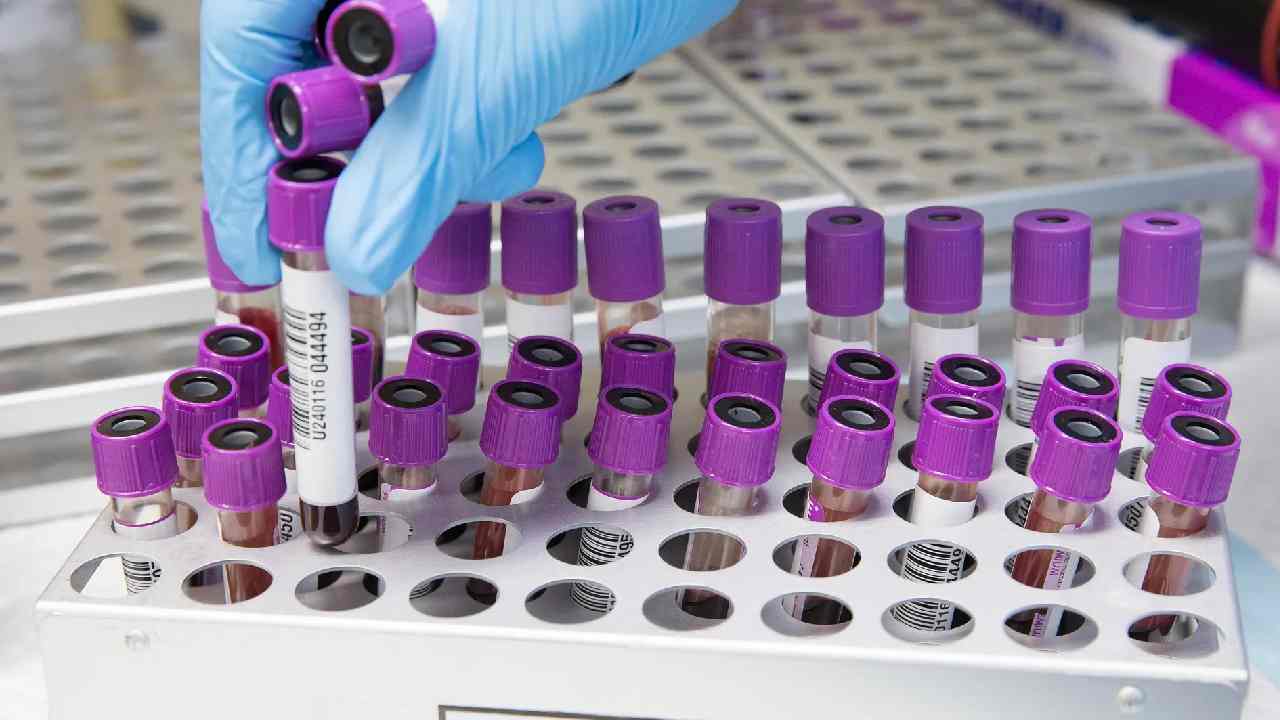A research funded by the Dutch national organisation for health research and development ZonMw and UK-based social enterprise working to reduce plastic pollution Common Seas has detected microplastic pollution in human blood, with scientists finding the tiny particles in almost 80 percent of the people tested.
The scientists analysed blood samples from 22 healthy adults and spotted plastic particles in 17. Half the samples contained PET plastic, which is commonly used in drinks bottles, while a third contained polystyrene, used for packaging food and other products. A quarter of the blood samples contained polyethylene, from which plastic carrier bags are made.
Prof Dick Vethaak, an ecotoxicologist at Vrije Universiteit Amsterdam in the Netherlands, called his study “a breakthrough result”, asking for the extension of research with bigger sample sizes and more polymers assessed, among other important factors.
The research, published in Environment International, adapted existing techniques to detect and analyse particles as small as 0.0007 mm. Some of the blood samples contained two or three types of plastic.
Vethaak acknowledged that the amount and type of plastic varied considerably between the blood samples. He said the differences might reflect short-term exposure before the blood samples were taken, such as drinking from a plastic-lined coffee cup or wearing a plastic face mask.
Jo Royle, the founder of the charity Common Seas, said that humans must know what all plastic is doing to our bodies, as plastic production is set to double by 2040.
The new challenge is in addition to the air pollution particles already known to enter the human body and causing millions of early deaths every year.

























